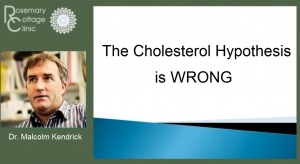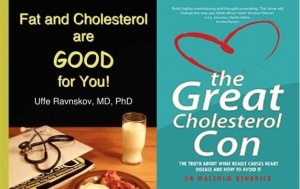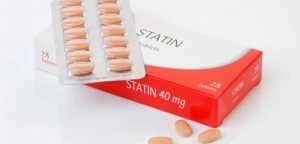Study: Statin Drugs Only Lower Cholesterol to Levels Advertised in Less Than 50% of Patients
Want to flip a coin on your health? Researchers assessing the effectiveness of cholesterol-lowering statin drugs found that they didn’t work for 51% of the 165,000 patients studied (statins have to reduce LDL cholesterol levels by 40% after two years to be considered effective). We’ve reported previously about the many side effects and dangers of taking statins. We’ve also pointed out that conventional thinking supporting statins—lowering “bad” LDL cholesterol as a means of preventing cardiovascular disease—is outdated. With one in four Americans over the age of 40 taking a statin, there are a lot of people out there spending money on a dangerous drug that is not providing any benefit. Will doctors change their prescribing practices based on this information? It doesn’t seem so. Statins make tens of billions of dollars a year for the drug industry, and the market is growing. Statin use among adults over the age of 40 increased almost 80% between 2002 and 2013.














